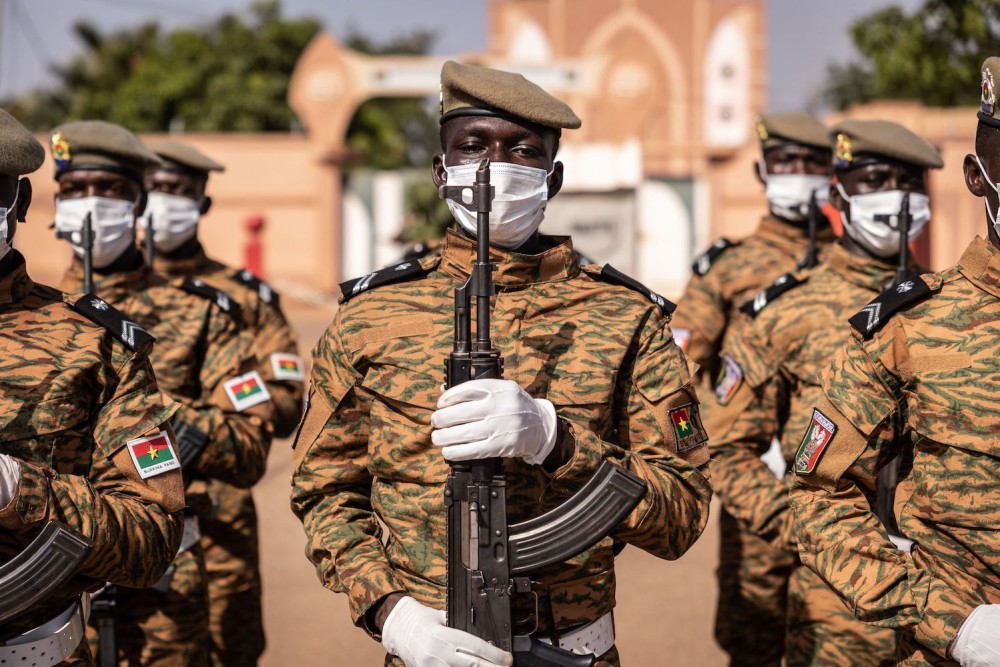Ngozi James
Measures and sanctions put in place by the Economic Community of West African States (ECOWAS) and the African Union (AU) against the military coup have not been effective and maybe prolong Military stay in power in some countries in Africa, Alexander Thurston, assistant professor, University of Cincinnati United States of America have said.
He observed that measures which include suspension of countries membership and deploying observer missions to pressure coup makers to transition power have not worked due to weak and slow implementation of these measures.
He spoke at a virtual webinar on “Evaluating the Causes and Effects of the Resurgence of Military Coups in Africa” organised by White ink Institute for Strategy Education and Research (WISER)
“ECOWAS tools like suspending country’s membership, there is diplomatic pressures by sending observer missions to pressure coup-makers; those measures have not seemed to work especially in Mali. The Coup makers found out that ECOWAS did not necessarily hold to what seemed to be the red lines.
“One initial demand of ECOWAS to Mali was that the transition of government is civilian-led, that was the case from September 2020 to May 2021 but then you have this coup within a coup, but since then there has been a military head of state in Mali and ECOWAS has ultimately led that slide.
He opined that sanctions by ECOWAS must be done swiftly “My conclusion is that when coup first occurs, there is a key window for real pressure to be applied, for those full sanctions to be applied and serious diplomatic pressures in an attempt to pressure to coup makers to leave power, reverse the coup and reinstate the person that they overthrew. I think that window is probably short, maybe 48 or 72 hours. I think after that, a new political reality is created by the cup and the talk shifts to transition and turntable so forth which is a negotiation with the hunters. I think that after that initial window has passed, it’s very hard to figure out a way forward.

Thurston, also observed that the latest sanctions on the Malian economy is a tricky proposition and could backfire politically. Overall, he noted that there’s a fair amount of toleration for coups, particularly among the poorest countries in the world, like the Sahel region.
In addition, the expert reiterated that the coups in Africa particularly Mali and Burkina Faso is being driven by a collision of multiple problems such as the protracted insurgency which has lingered despite international interventions.
There is also dissatisfaction over the performance of leaders and failing democracy, he noted.
Another panellist, Usman Saraki, Former deputy permanent representative of Nigeria to the Nigerian Permanent mission at the UN on his part said the worrying trend of coups in Africa is being fuelled by the engagement of foreign non-state actors otherwise known as mercenaries to tackle insurgents groups.
According to him, once you introduce international mercenaries, you’re opening up the avenue for adventurism, drug cartels and other organised crimes to come into Africa-which are already battling a lot of adversaries such as climate change, insecurity, and poverty.
“If you bring in non-state actors in the form of uncontrolled organisation, you are complicating the matter and making it extremely difficult even for regional and international organisations. In doing so, you are losing sovereignty and independence and integrity of your country.”

